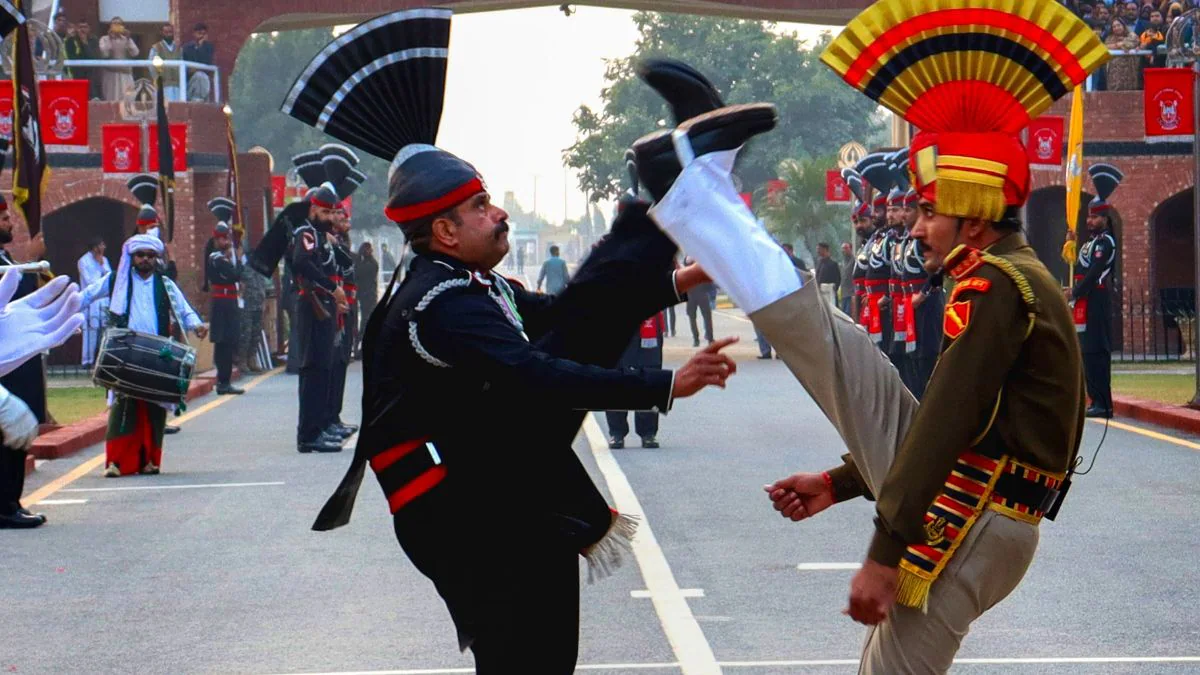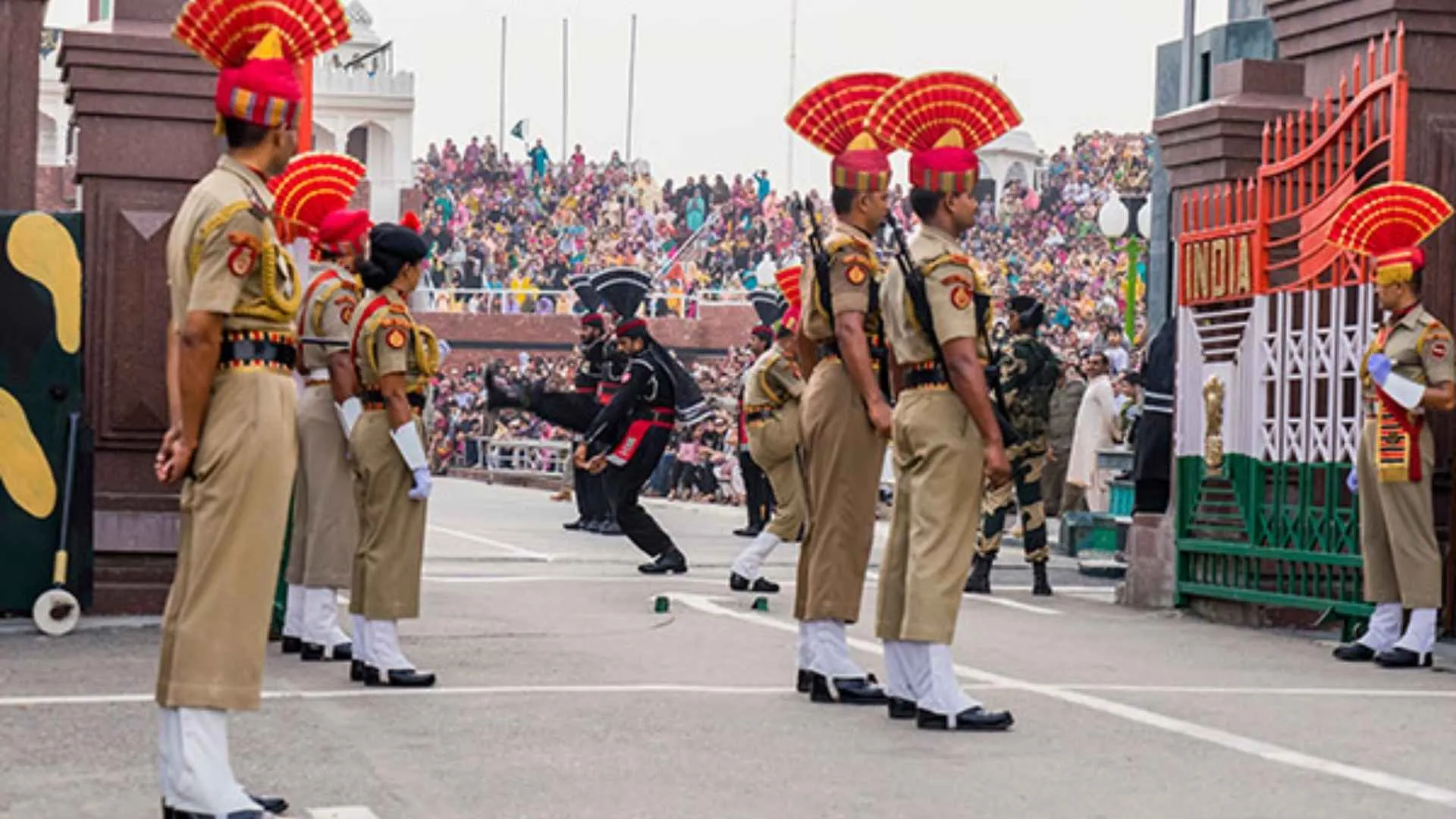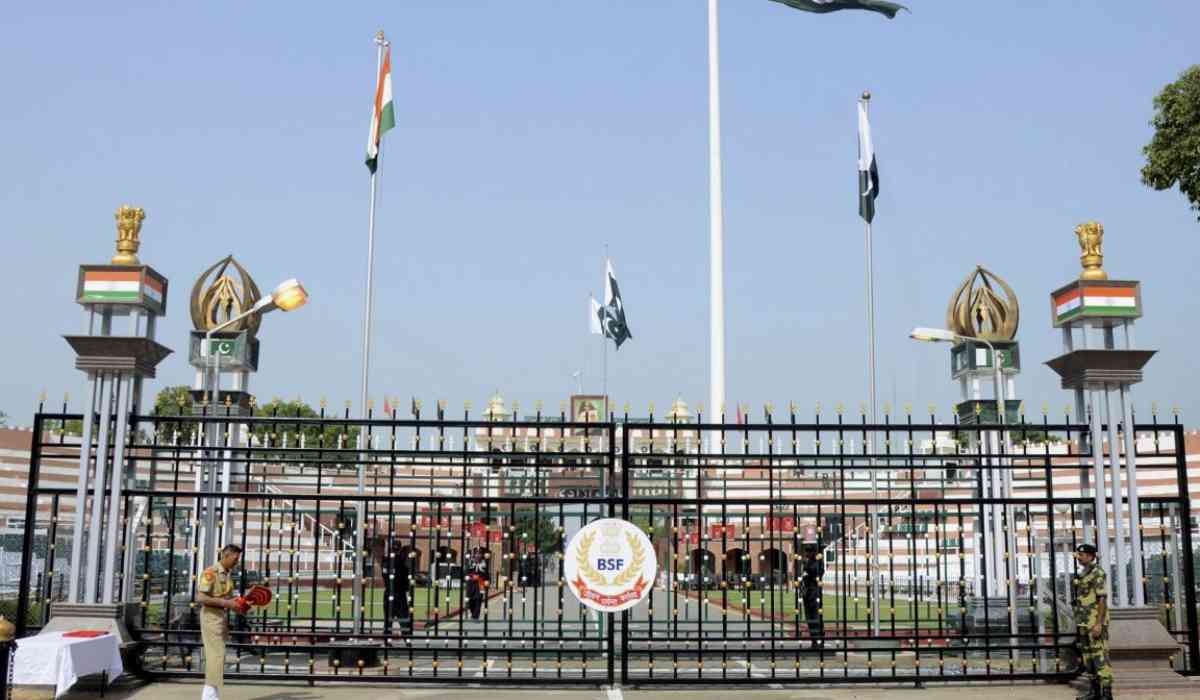After a 12-day suspension, the iconic Beating Retreat ceremony at the Attari-Wagah border is set to resume from Tuesday, May 20, 2025. This highly symbolic and patriotic daily ritual conducted by the Border Security Force (BSF) and Pakistan Rangers was halted earlier in May due to escalating tensions between India and Pakistan. The ceremony is now set to return with two significant procedural changes aimed at enhancing security and diplomacy amid ongoing geopolitical sensitivities.

Why Was the Ceremony Suspended?
On May 8, the BSF announced the suspension of public attendance at the Beating Retreat ceremonies held at Attari (Amritsar district), Hussainiwala (Ferozepur district), and Sadki (Fazilka district) in Punjab. The suspension was a precautionary measure taken "in view of public safety" following a dramatic escalation in cross-border tensions.
Operation Sindoor: The Catalyst for Suspension
The suspension closely followed Operation Sindoor, a high-impact retaliatory strike by the Indian Armed Forces. This operation was launched in response to the Pahalgam terror attack, which tragically claimed the lives of 26 Indian citizens. In the days that followed:
-
Nine terror bases located in Pakistan and Pakistan-occupied Kashmir (PoK) were destroyed.
-
The operation resulted in the deaths of over 100 terrorists.
-
Pakistan retaliated with drone and missile attacks targeting both civilian areas and military bases in India.
India's response was swift and technologically advanced. The Indian Air Force reportedly bypassed and jammed Pakistan's Chinese-supplied air defence systems, leading to heavy damage at key Pakistani air and military bases, including those in Nur Khan and Sargodha.
Following three days of intense military engagement, Pakistan reached out for a ceasefire, which was accepted by India. In a subsequent national address, Prime Minister Narendra Modi emphasized that Operation Sindoor was more than a tactical strike—it marked a doctrinal shift in India's counter-terrorism policy, signaling a more aggressive and unrelenting stance against terrorism emanating from across the border.

Ceremony Resumption: What's Changing?
The BSF has confirmed the resumption of the Beating Retreat ceremony at Attari, Hussainiwala, and Sadki, but with two major modifications to the traditional protocol:
1. No Handshakes Between Troops
In a significant deviation from the usual display of cordial military conduct, BSF troops will no longer engage in handshakes with Pakistan Rangers during the ceremony. This move is symbolic of the current strained diplomatic relations and heightened caution.
2. Border Gates to Remain Closed
Another change involves the non-opening of gates at the border crossing during the flag-lowering event. Traditionally, the gates between the two nations are opened momentarily during the ceremony, representing a gesture of respect and coordination. This time, however, the gates will remain closed, reinforcing the current political and military climate.
Public Participation Resumes
Although the flag-lowering ritual continued daily without public access since May 8, audience participation is now reinstated. Visitors will once again be able to witness the high-energy military drill, synchronized foot-stomping, and passionate patriotic displays that define the ceremony.
Ceremony Locations:
-
Attari (Amritsar district) – Facing Pakistan's Wagah
-
Hussainiwala (Ferozepur district) – Across from Ganda Singh Wala
-
Sadki (Fazilka district) – Facing a less frequented but strategically important section of the border
These ceremonies not only serve as a patriotic spectacle but also as a symbol of India's sovereign strength and readiness, even during times of geopolitical friction.

A Broader Message from Delhi
In his post-operation address, PM Modi clarified that Operation Sindoor was not a one-off military action but rather the beginning of a long-term policy shift. The Indian government has signaled that it will continue to proactively target terror infrastructure and respond firmly to provocations.
The resumption of the Beating Retreat ceremony, albeit with symbolic changes, represents both a return to normalcy and a quiet assertion of India's new counter-terrorism doctrine. As spectators gather once more at the border points in Punjab, the ceremony continues to stand as a powerful blend of tradition, military precision, and national pride—now framed by a more assertive political context.
With inputs from agencies
Image Source: Multiple agencies
© Copyright 2025. All Rights Reserved Powered by Vygr Media.






















